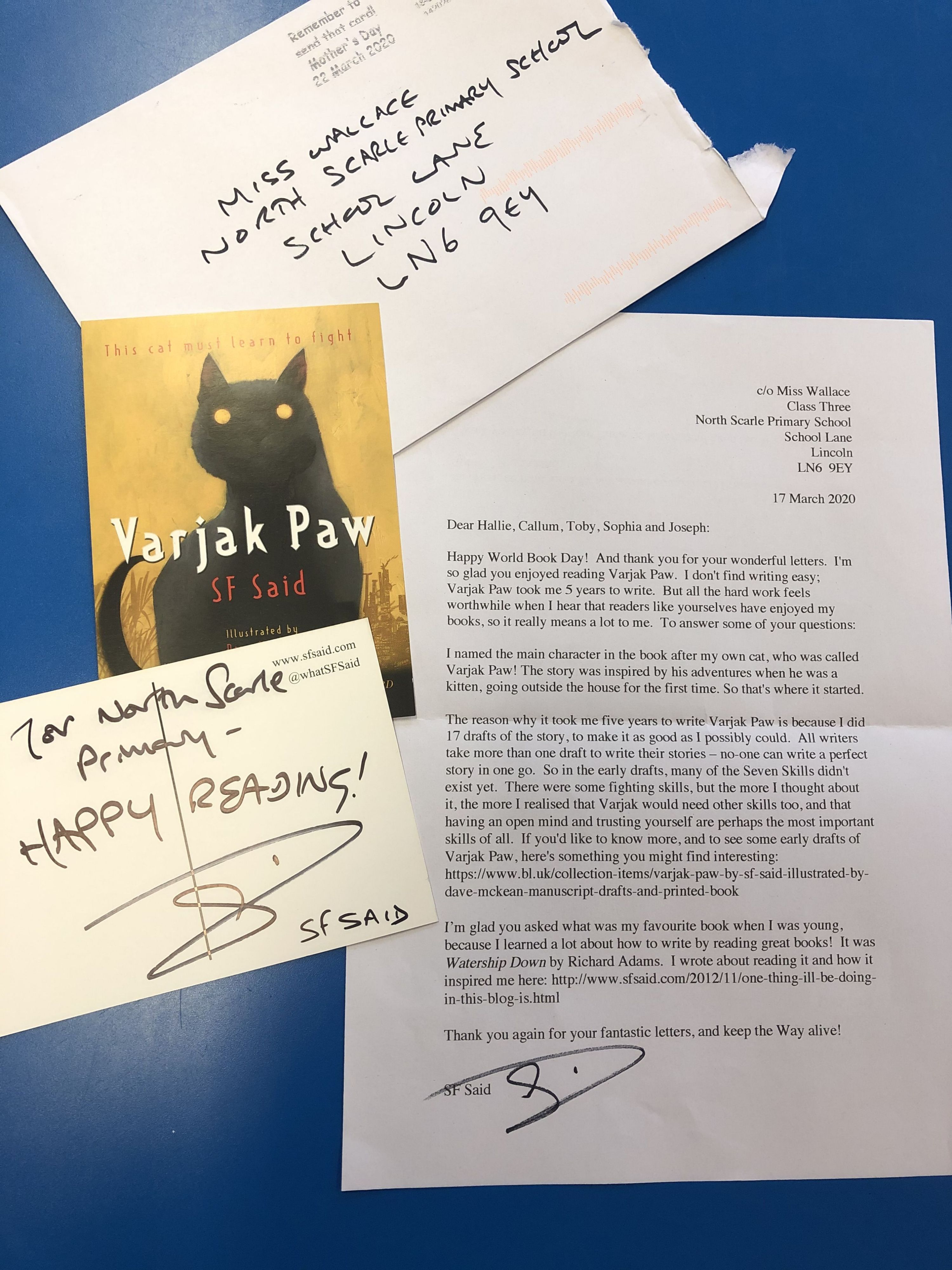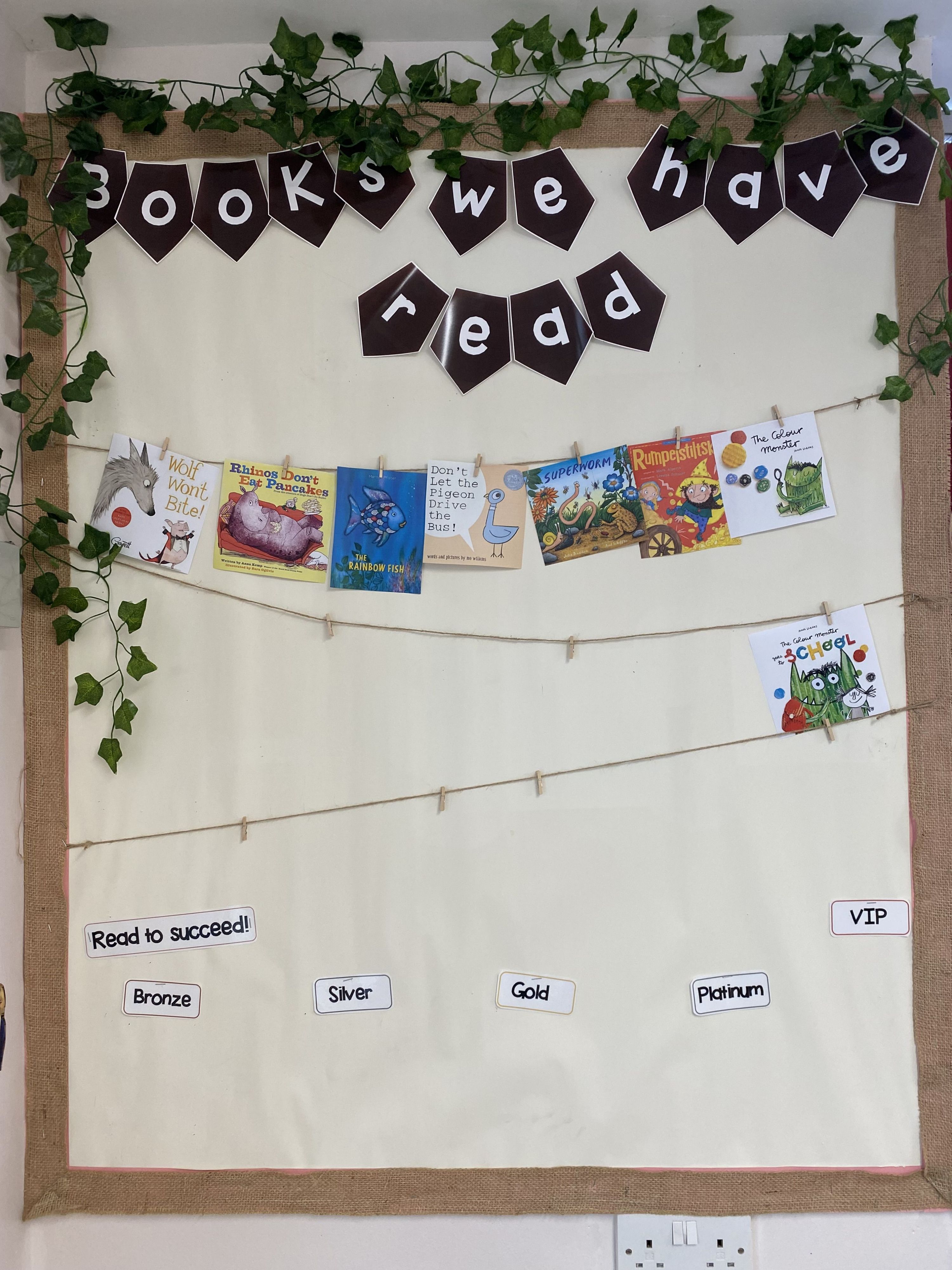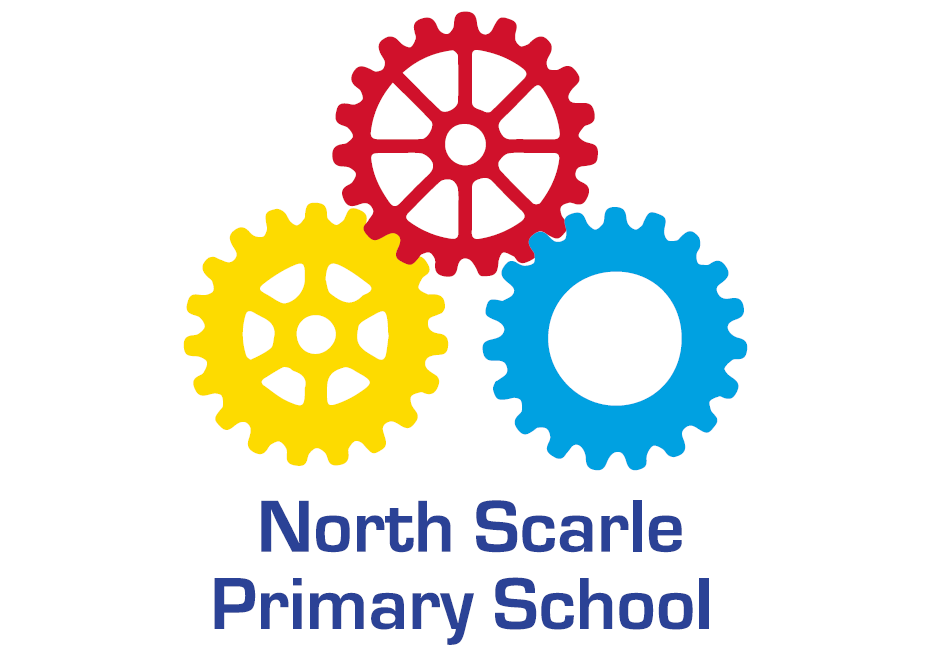Reading and Phonics
Reading at North Scarle Primary School
At North Scarle Primary, reading lies at the heart of our curriculum. We view reading as the gateway to the curriculum and know that reading is a key factor contributing to academic success. It is our intent for our children to become confident, fluent, lifelong readers.
Inclusivity: Our personalised reading spine embraces diverse, carefully selected texts that ensure children see themselves in the texts we read and gain an insight into the lives of others.
Enriched: Our enriched reading curriculum allows children to foster a love of reading through our carefully selected class texts. Children are read to daily in the classroom and this protected time is looked forward to by both children and staff each day!
Aspirational: Our consistently high expectations ensure that all children are able to achieve and become fluent readers. Staff are highly trained and skilled to support those who find reading difficult. This support is closely monitored to children catch up quickly.
Inspirational: Our inspiring reading curriculum allows learners to engage with a variety of high-quality fiction, poetry and non-fiction texts.
How is reading taught at North Scarle?
Phonics and Early Reading
Our pupils learn to read and write effectively and quickly using the Read Write Inc. Phonics programme alongside Read Write Inc. Talk through Stories sessions. Children make a strong start in Reception as we begin teaching phonics straight away. Pupils progress onto whole class reading lessons once they have worked through the programme and can read with accuracy and speed. Children will take home three books to practise their reading: storybooks – the book they have read three times that week in class; bookbag books – books that are carefully matched to their growing knowledge of sounds and common exception words; and a book for pleasure – chosen by the child to either read or have read to them. For further information on our phonics programme, please see the tab ‘RWI Phonics'.
Whole Class Reading
Once children are off the phonics programme, reading lessons take place as ‘whole class reading’. Children explore a selection of carefully selected fiction, non-fiction, poetry and picture books. The primary focus during these reading sessions is discussion, vocabulary and fluency.
Reading fluency is prioritised:
- Every reading session dedicates time for reading and developing fluency through use of strategies such as guided echo reading instruction and repeated oral reading.
- Opportunities for learners to read aloud are plentiful, as well as the opportunity for them to listen to staff read aloud.
- The 6Ps (pace, passion, pause, pitch, punctuation and power) are used to support the teaching of reading fluency and referenced during teacher feedback and peer discussions.
- Children who are identified within the first 20% and needing additional support with reading are listened to by staff and reading volunteers weekly.
- RWI’s Fresh Start intervention sessions also run within school for older children identified as needing additional support with their phonics learning.
- All learners read aloud daily during phonics or whole class reading sessions.
We recognise the importance of developing a rich and extensive bank of vocabulary and how this links closely to being a confident and able reader:
- Teachers ensure that new and difficult vocabulary is pre-taught and that all children have the necessary skills to unpick word meanings across the curriculum.
- Vocabulary teaching plays a pivotal role in reading lessons.
Reading at home
Learners working within the RWI programme, including the Fresh Start programme, have home reading books matched to their current phonics level but are also encouraged to choose an additional book to share with their family at home (the second book is to encourage further reading and ensure children have access to multiple books at home – this is a reading for pleasure book).
Once children are off the RWI phonics programme and can read speedily, they move onto age-appropriate books for their year group. Teachers have carefully selected texts for the year groups within their class and monitor the children’s selection within a library-style system.
Class texts/story time
"If teachers want to ensure maximum achievement in reading and maximum readiness for college, text selection deserves greater attention and intentionality. This does not mean that every book needs to be selected using a 'maximum value for learning' calculation. Some should be; we hope many will. Choosing others sheerly for the pleasure of it or on a lark is fine as long as the overall portfolio of books is intentional and balanced."
Doug Lemov, Reading Reconsidered
At North Scarle Primary, our class texts are read to the children during story time at least four times a week. They have been carefully selected for each class so that by the time the children reach year 6 and beyond, they are ready to access the more complex books expected of them in secondary schools.
In addition to our selected texts, teachers can choose to read books based on the children's interests or our wider curriculum content. Non-fiction should also be read to help further develop children’s background knowledge of the subjects they are studying.
What is our intended impact for reading?
As a Year 6 reader transitioning into secondary school, we aspire that all learners are fluent, confident and able readers, who can access a range of texts for pleasure and enjoyment, as well as use their reading skills to unlock learning across all areas of the curriculum.
We firmly believe that reading is the gateway to the curriculum and the key to unlocking all learning and so the impact of our reading curriculum goes beyond the results of the statutory assessments.


